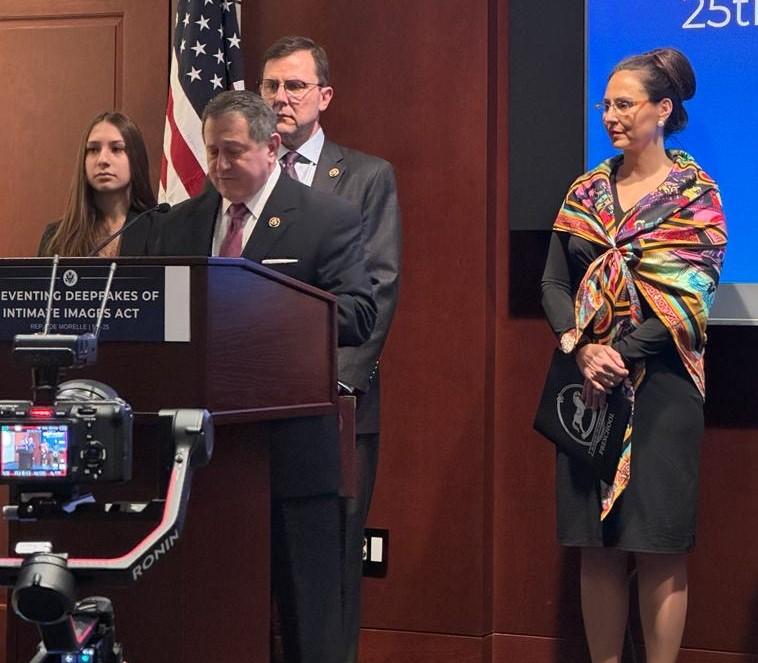At the Senate Veterans’ Affairs Committee hearing on May 17 to review the Department of Veterans Affairs (VA) 2024 budget and advance appropriations for 2025, a priority issue was the VA’s request for more funding to maintain and increase staff to process payment claims for veterans who have suffered injury or illness from exposure to toxins during their time in service.
The financial compensations are made according to the “Honoring Our Promise to Address Comprehensive Toxics Act” (PACT Act), which President Joe Biden signed into law in August 2022. Since then, more than 500,000 claims have been filed and more than $1 billion in benefit paid.





